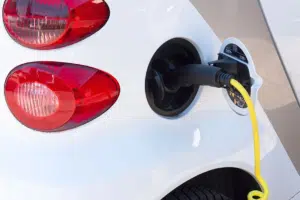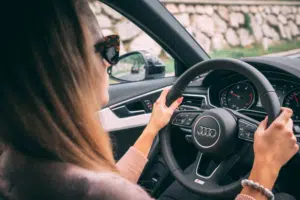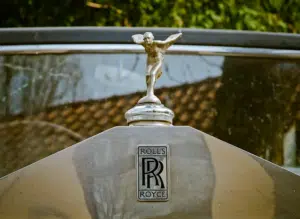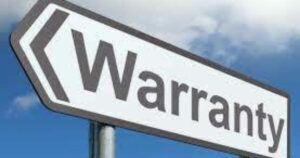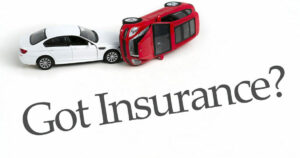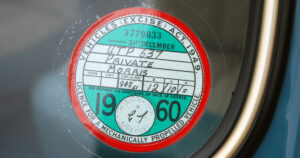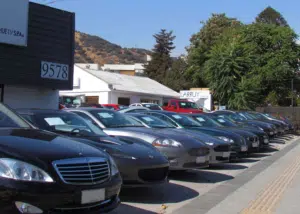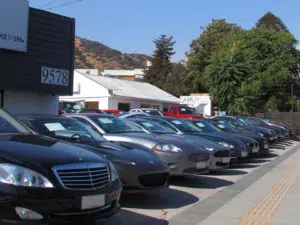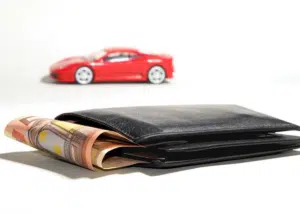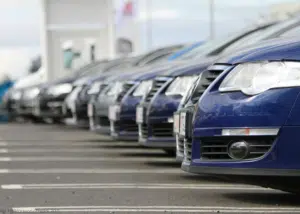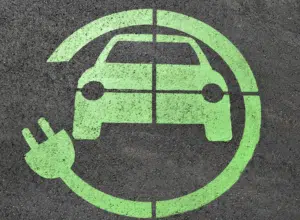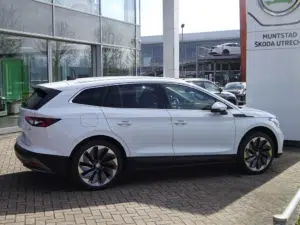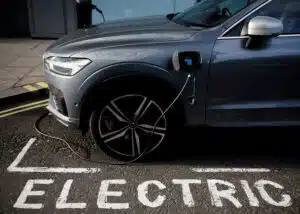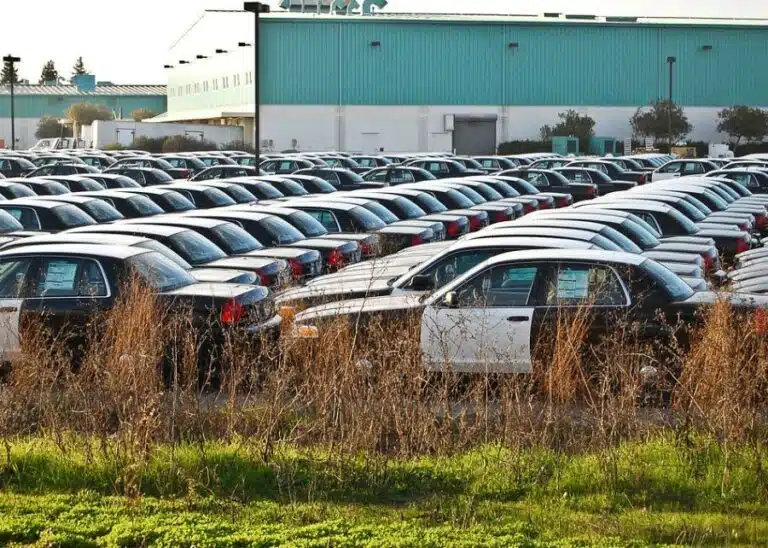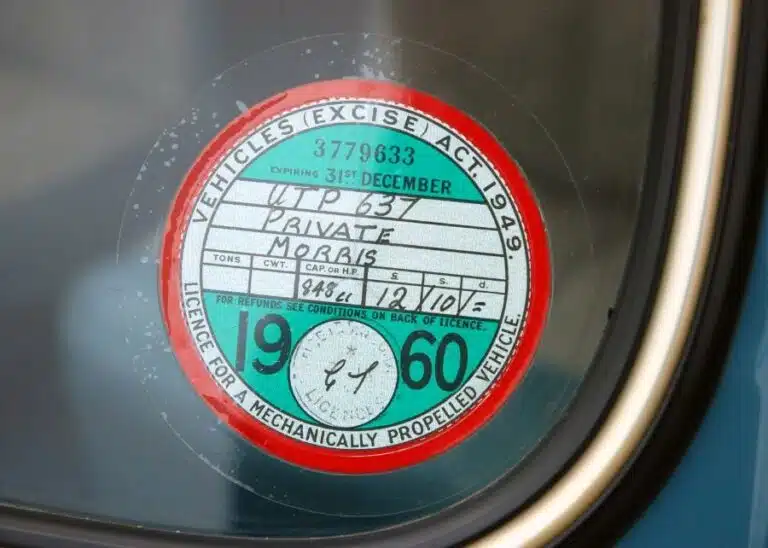Buying your first car can be an exciting but also a daunting experience some. There are many things to consider, such as your budget, your needs, your preferences, and your safety. Here are some tips to help you find the right car for you.
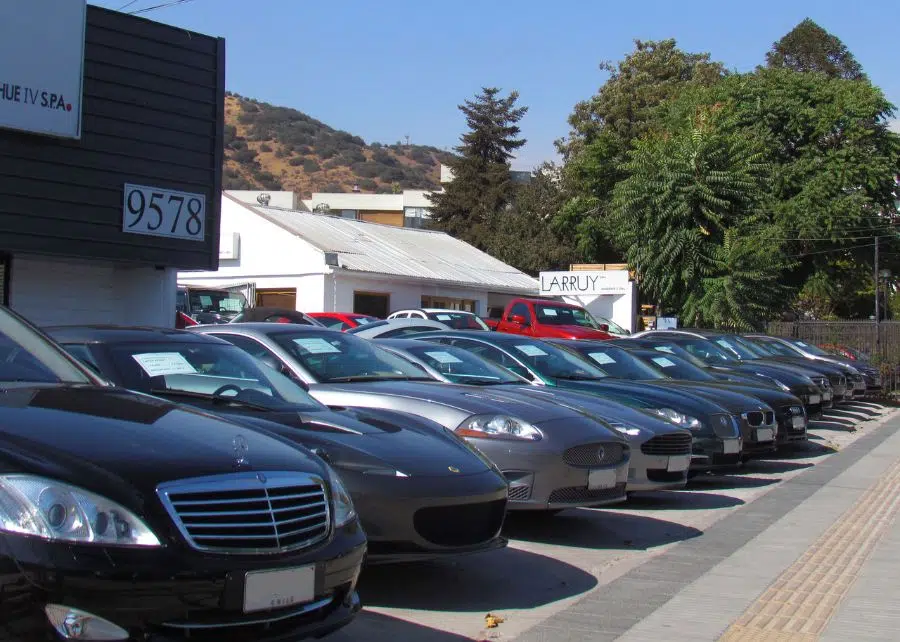
Personal Budget: What is your price range?
First things first, you’ll probably want to decide whether or not you want to buy a new or a used car, because there will be a price difference. That’s why is important to set your budget for your new car. New drivers like new cars, and new cars can have the advantage of warranties, latest technology, and peace of mind, but they are more expensive and lose value quickly. Used cars are cheaper and have less depreciation, but they may have hidden problems or require more maintenance.
Don’t be afraid to haggle and ask for discounts, extras or incentives. You can always negotiate the price and the terms of a deal. It’s a great idea to consider your personal budget, as well as your running costs, insurance costs etc. You can also compare different financing options, such as loans, leases, or personal contract purchases, and choose the one that suits your budget and needs too.
Where will you buy your first car from?
There are different options for buying your first car, depending on your budget, preferences, and needs. Some of the most common places to buy a car from are:
Car dealerships: These are businesses that sell new or used cars, usually with a warranty, finance, and after-sales service. Buying from a dealer can be more convenient and secure, but also more expensive than other options. You can find reputable car dealers near you on websites like AutoTrader or the RAC.
Private sellers: These are individuals who sell their own cars, usually through online platforms, classified ads, or word-of-mouth. Buying your car privately from a private seller can be cheaper, but also riskier, as you have less legal protection and may encounter frauds or scams. It’s always a good idea to inspect the car carefully and check the paperwork before buying. You can find private sellers on places like AutoTrader or AA.
Auctions: These are events where cars are sold to the highest bidder, either in person or online. Buying from an auction can be a way to get a bargain, but also a gamble, as you may not have enough time or information to inspect the car properly. You can find car auctions on Car and Driver or CarMoney.
Before you buy your first car, you should do your research, compare different models and options, and negotiate the best deal. Who knows you might even end up finding your dream car. Whether that be a new car or a used car from used car dealers, your first car purchase is a great purchase.

How do I know how much a car will cost to run?
Most people generally tend to think that running a car is expensive. When you take into account things like car tax, insurance, fuel economy, and how much petrol cars and diesel cost for fuel, all the running costs can add up.
One way to estimate how much a car will cost to run is to use a car running costs calculator. Online tools are great for things like this and they can really help you to calculate the annual or monthly expenses of owning and driving a car. You can input your car model, mileage, and other details, and the calculator will show you the breakdown of the costs and the cost per mile, which is just great!
There are many car running costs calculators available online, but here are some examples that you can try:
DriveSmart: This calculator allows you to analyse costs over 1-5 years, compare different cars, and optimise your ownership period.
The AA: This calculator helps you budget for your car costs and provides tips and advice on how to keep them down.
Leasing Options: This calculator compares the running costs of thousands of cars and includes lease payments, insurance, fuel, road tax, and servicing.
How do I know if a car is safe?
When you identify a car you like, and you’ve taken it for a test drive etc, the next thing to do is to check it over in terms of safety.
One way to know if a car is safe is to check its safety ratings from independent organisations that test and evaluate the crashworthiness and crash avoidance of different car models. Some of the most reputable sources of car safety ratings are:
Euro NCAP: This is the European New Car Assessment Programme, which conducts rigorous tests on new cars sold in Europe and awards them a star rating from zero to five based on their performance in four areas: adult occupant protection, child occupant protection, vulnerable road user protection, and driver assistance systems. You can find the latest safety ratings from Euro NCAP on this website.
By comparing the safety ratings of a car, you can get a better idea of how well a car can protect you and your passengers in the event of a crash, as well as how well it can prevent or mitigate a crash with its active safety features. However, you should also consider other factors, such as your driving skills, habits, and environment, when choosing a safe car.




















